Space is cold, silent, and mostly empty, but it still finds ways to be weirdly personal. For all the talk of stars and rockets, outer space is also a place where callouses peel off and urine gets recycled into drinking water. Here’s a tour through some of the most unexpected truths hiding beyond our atmosphere.
NASA Doesn’t Talk About Intimacy
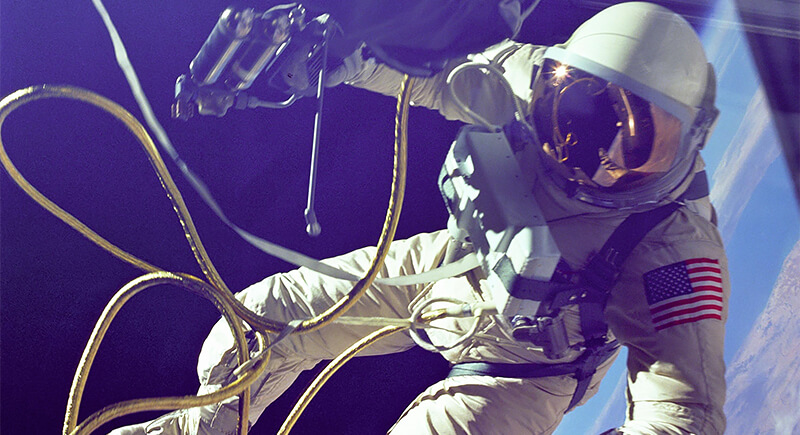
Officially, NASA claims zero knowledge about people getting intimate in space. They say no astronauts have done it, and they’re not studying it. That silence hasn’t stopped researchers elsewhere from launching an entirely new field to figure out what intimacy, reproduction, and health look like in microgravity.
Zero Gravity Makes Private Time Complicated
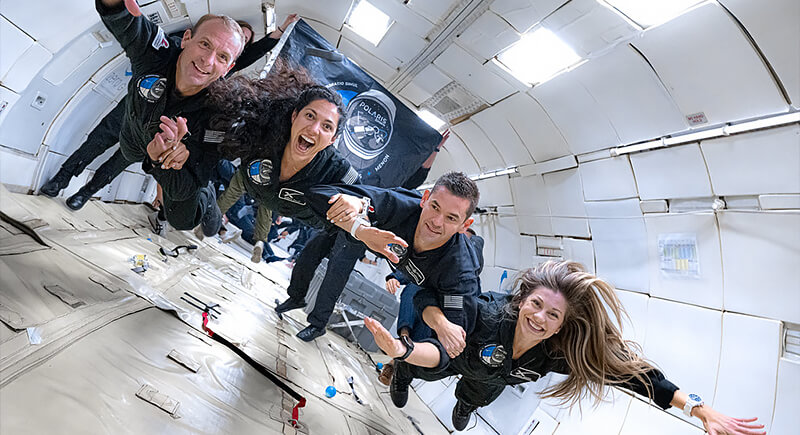
In zero gravity, bodies don’t stay put. Newton’s Third Law means every push causes an equal push back, so moving closer can push you apart. To fix this, the “2suit” uses Velcro to hold two people together during intimate moments in space. It’s bulky but practical.
A Website Tried to Go Interstellar
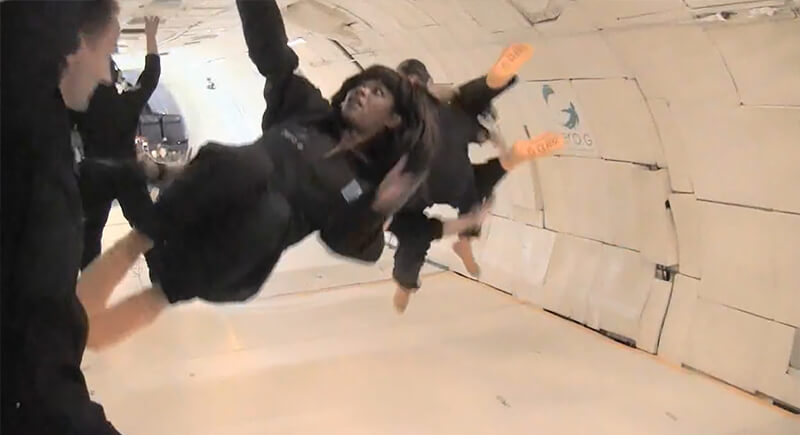
One website launched a crowdfunding campaign in 2015 to film the first adult video in space. They raised just under $240,000, short of their $3 million goal. CoCo Brown trained with a private space company, hoping to become the first actress in orbit, but the company went bankrupt.
Radiation Could Ruin the Mood
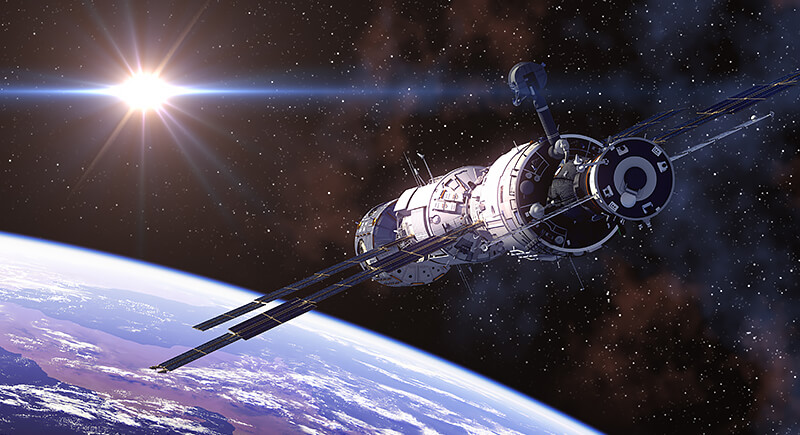
Even if gravity issues are solved, space has another intimacy barrier: radiation. High levels of cosmic rays could harm reproductive cells, which is especially concerning for long-term missions or off-Earth colonization. Scientists have warned that space baby-making might require a lab and some serious planning unless future habitats are heavily shielded.
Your Feet Change in Orbit
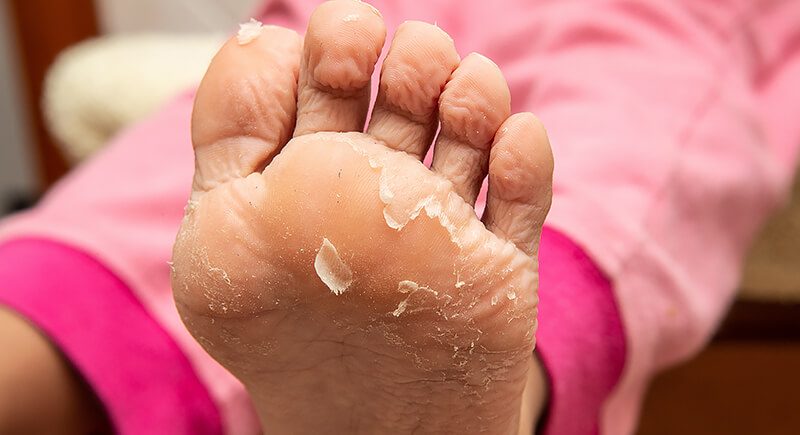
After a few weeks in space, astronauts start shedding skin from the bottoms of their feet. Without walking, callouses fall off in clumps, often floating around the space station. The top of the foot, however, toughens up from gripping railings.
Space Harassment Isn’t Hypothetical
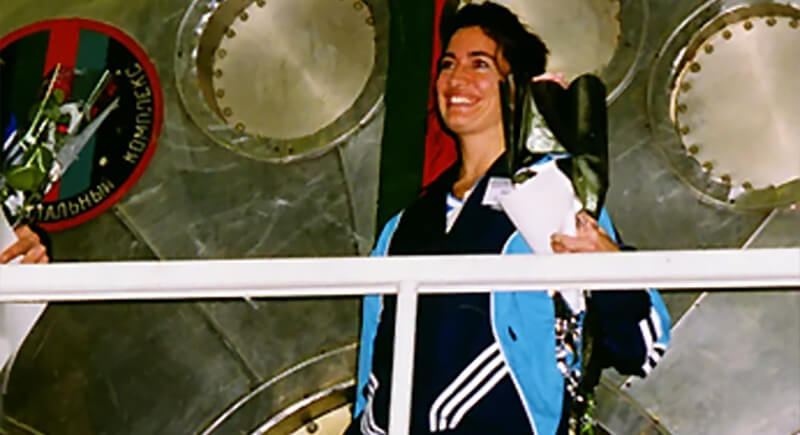
A simulated space station mission lasting over 100 days turned disturbing when a Russian commander forcibly kissed a Canadian researcher. Judith Lapierre reported the harassment, which raised alarms about personal boundaries in confined space settings. Researchers now stress the need for clear rules about interpersonal conduct during missions.
Recycled Pee Becomes Drinking Water
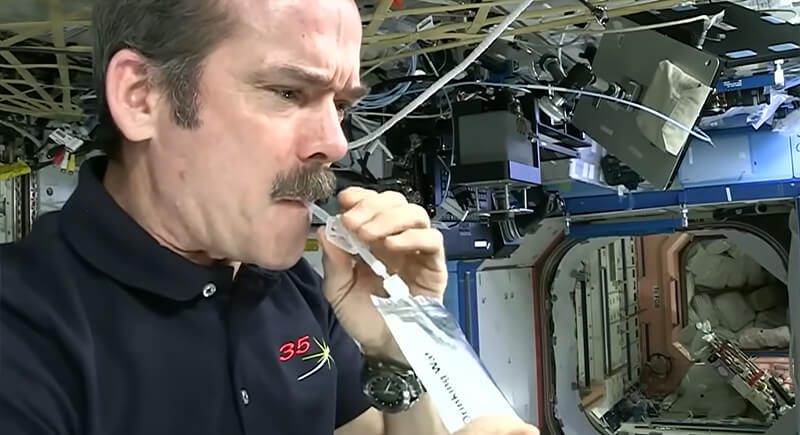
Water in space is too valuable to waste, so astronauts drink purified versions of their own urine and sweat. During his year-long mission, astronaut Scott Kelly drank about 730 liters of recycled fluid. The tech behind it is impressive, and the result is clean but less glamorous.
Gravity Is Essential for Babies
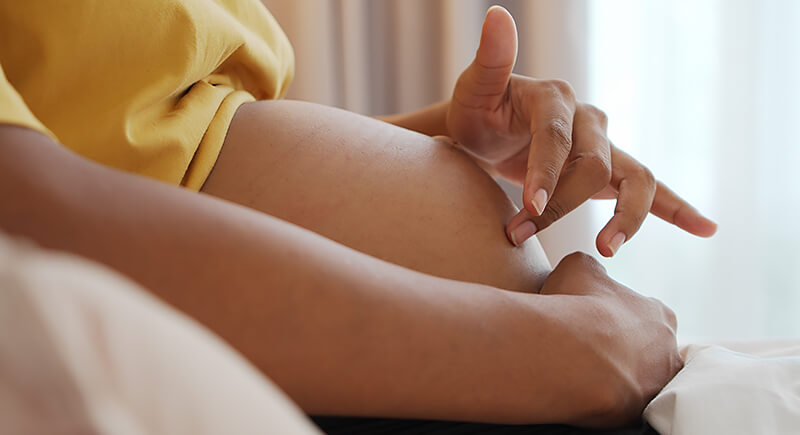
On Earth, gravity influences everything from fertilization to fetal development. In space, those natural cues vanish. Rodent studies suggest potential fertility problems and abnormal development. Until we understand more, space pregnancy remains uncharted and risky, and that’s before considering labor and delivery without gravity.
Astronauts Use Chatbots for Intimacy Research
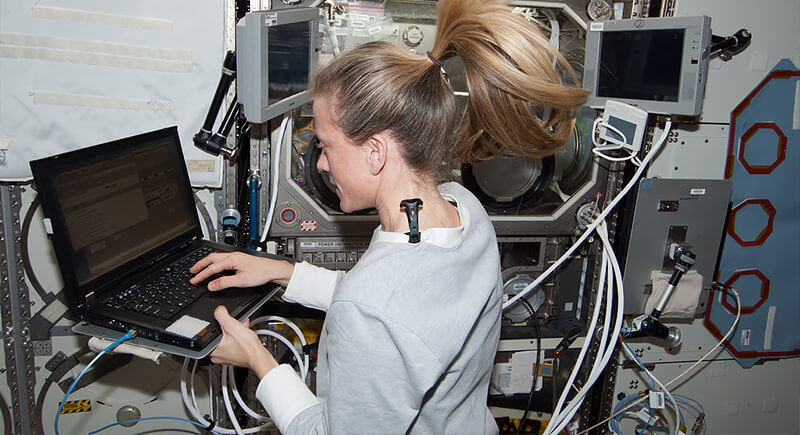
Some researchers are exploring using AI-driven chatbots to simulate companionship and physical expression in space. These digital partners may help astronauts deal with loneliness or maintain psychological balance. Several prototypes are being developed to test how intimacy might evolve when the nearest human touch is millions of miles away.
Astronaut DNA Can Change
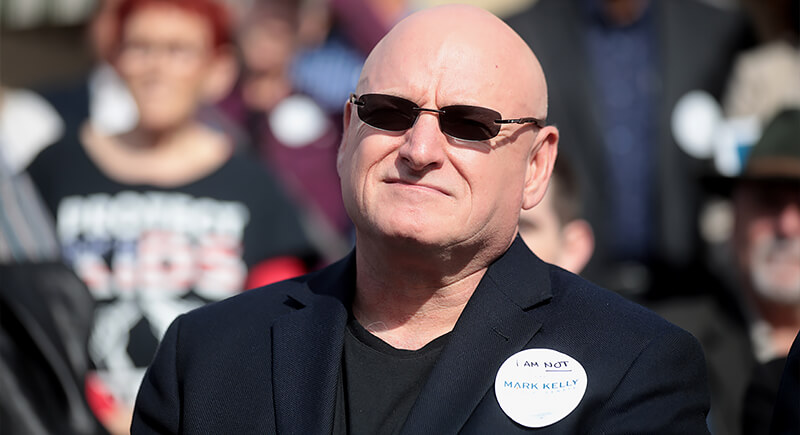
After spending a year in space, astronaut Scott Kelly returned taller and with altered gene expression. His gut bacteria had shifted, and some genetic changes were long-term. Scientists believe space travel triggers biological stress responses that affect cell behavior. That includes systems tied to reproduction and immunity.
The Night Sky Won’t Always Be There
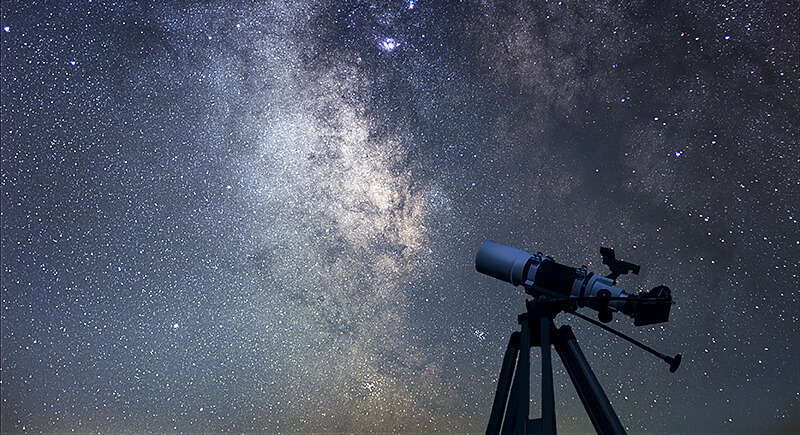
As the universe expands, galaxies are drifting apart faster than light. In a few trillion years, observers on Earth won’t be able to see other galaxies. The night sky will eventually go dark, cutting off our visual link to the cosmos.
Gamma Rays Can Erase a Planet
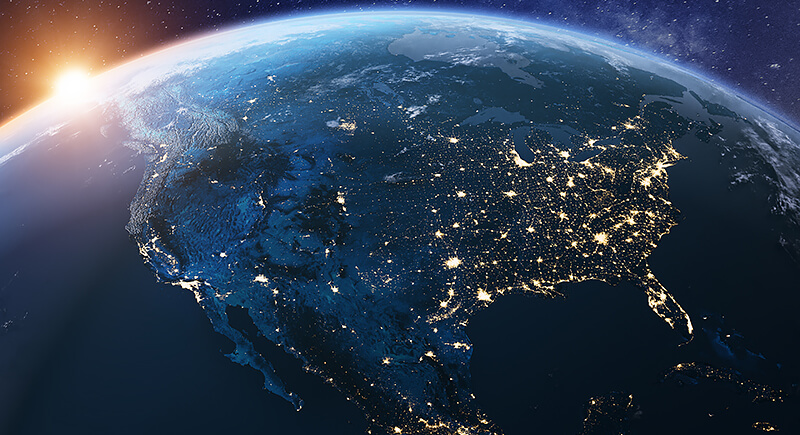
Gamma-ray bursts are the universe’s version of “blink and you’re gone.” These massive explosions can release more energy in seconds than the Sun will in its entire lifetime. If one hit Earth directly, it could strip away the atmosphere and wipe out life.
Sweat Sticks to You
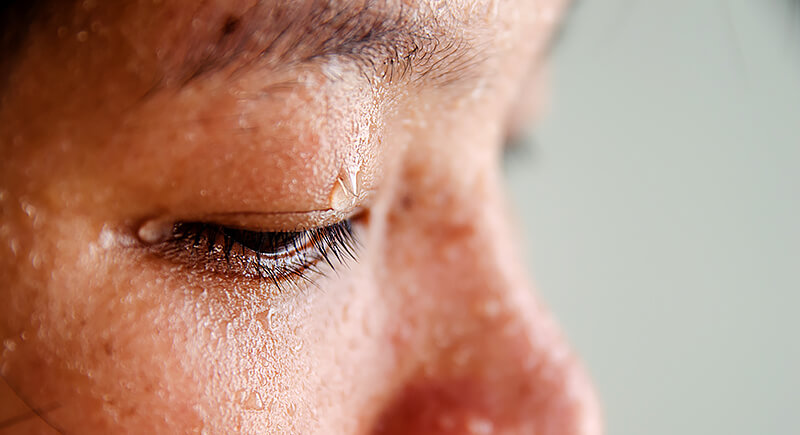
In space, sweat beads and clings to your skin like sticky goo. Since there’s no gravity to pull it away, astronauts often feel overheated and uncomfortable. Special ventilation systems try to manage it, but it’s one of those unglamorous realities that make space less sci-fi dream and more gym locker.
Strange Flows Are Moving Our Galaxy
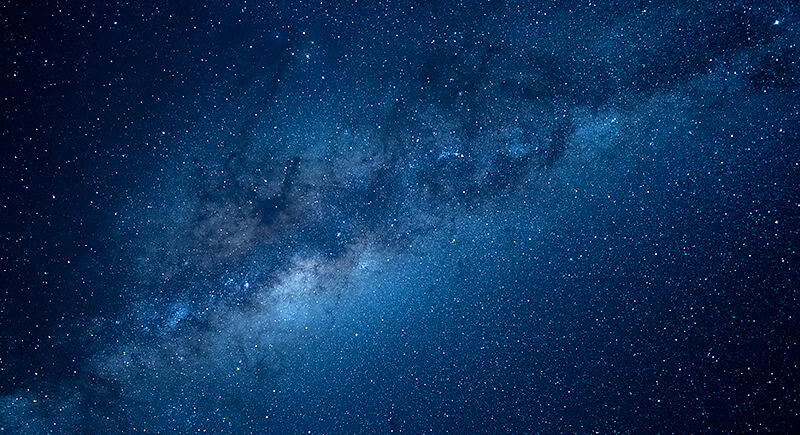
In 2009, scientists discovered that clusters of galaxies are being pulled toward a mysterious region of space. They dubbed it “dark flow.” It may be caused by something beyond the observable universe. Entire chunks of our galaxy are slowly being yanked away by a force no one fully understands.
Black Holes Can Get Kicked Across Space
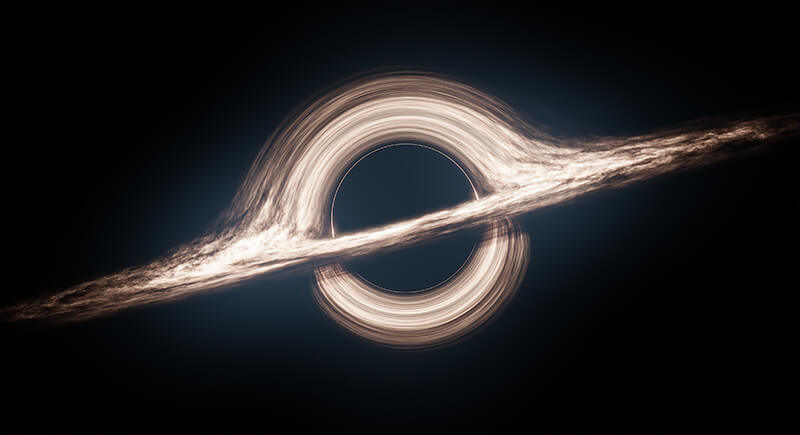
One supermassive black hole, discovered by Hubble in 2017, is moving at nearly five million miles per hour. It’s believed to have been ejected by gravitational waves after a merger event. Now it roams the universe, consuming whatever gets in its way.